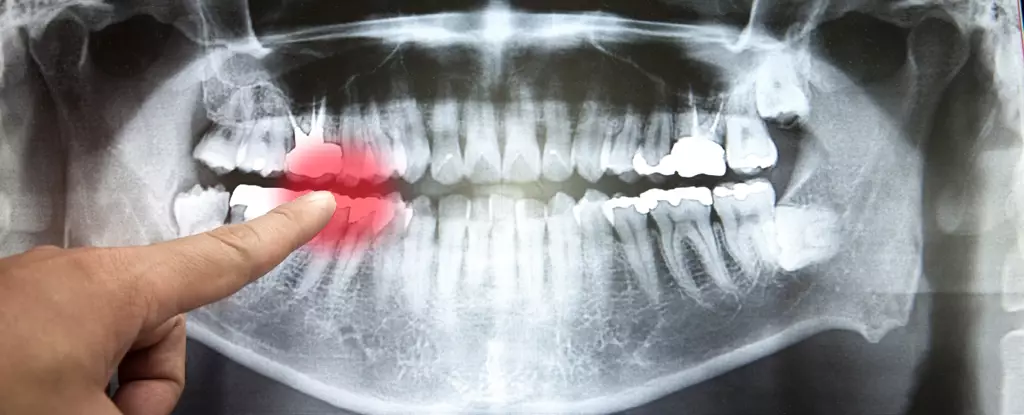

The link between tooth loss and an increased risk of dying from heart disease, stroke, and other fatal heart events has been a topic of interest in recent research. While previous studies have hinted at a connection between missing teeth and cardiovascular diseases, the exact relationship between oral health and heart health remains complex and multifaceted. Understanding the implications of tooth loss on cardiovascular disease mortality is crucial for overall health and well-being.
Although it may seem unlikely, there is a plausible explanation for how tooth loss or poor oral hygiene can impact heart health. The presence of oral pathogens due to gum infections can lead to inflammation that affects the heart. However, numerous other factors such as smoking, exercise habits, diabetes, cholesterol levels, and blood pressure also play a role in determining cardiovascular disease risk. This complexity makes it challenging for researchers to establish a causal connection between tooth loss and heart-related issues.
An analysis conducted by Anita Aminoshariae and her colleagues at Case Western Reserve University in Ohio revealed significant findings regarding the impact of tooth loss on cardiovascular disease mortality. Individuals who had lost most or all of their teeth had a 66 percent higher risk of dying from heart-related problems compared to those with fewer missing teeth. The association between tooth loss and cardiovascular disease mortality was evident among individuals with severe tooth loss, regardless of other confounding factors.
While observational studies can only establish associations and not direct causes, the findings suggest that improving oral health could potentially reduce the global burden of cardiovascular diseases. Promoting better access to healthy foods and affordable dental care, particularly in low- and middle-income countries and older populations, could have a positive impact on overall cardiovascular health. Given that a significant number of deaths worldwide are attributed to CVDs, the importance of maintaining optimal oral health cannot be overstated.
The relationship between tooth loss and cardiovascular disease mortality is a critical area of research that warrants further investigation. While the exact mechanisms underlying this association may be complex, the findings point to the potential benefits of prioritizing oral health as a means of reducing the risk of heart-related issues. By addressing the factors contributing to severe tooth loss and promoting preventive dental care, individuals can take proactive steps towards protecting their cardiovascular health and overall well-being.
Rogue waves have long been a subject of fascination and terror in maritime lore. These…
As the world grapples with public health challenges, especially those posed by infectious diseases, the…
The Sombrero Galaxy, also known as Messier 104, embodies a breathtaking blend of spirals and…
In recent advances in quantum electronics, a groundbreaking discovery leveraging the concept of kink states…
In the intricate tapestry of nature, ice often exists in a delicate balance with liquid…
In an astonishing event that captured global attention, a rogue object from beyond our Solar…
This website uses cookies.